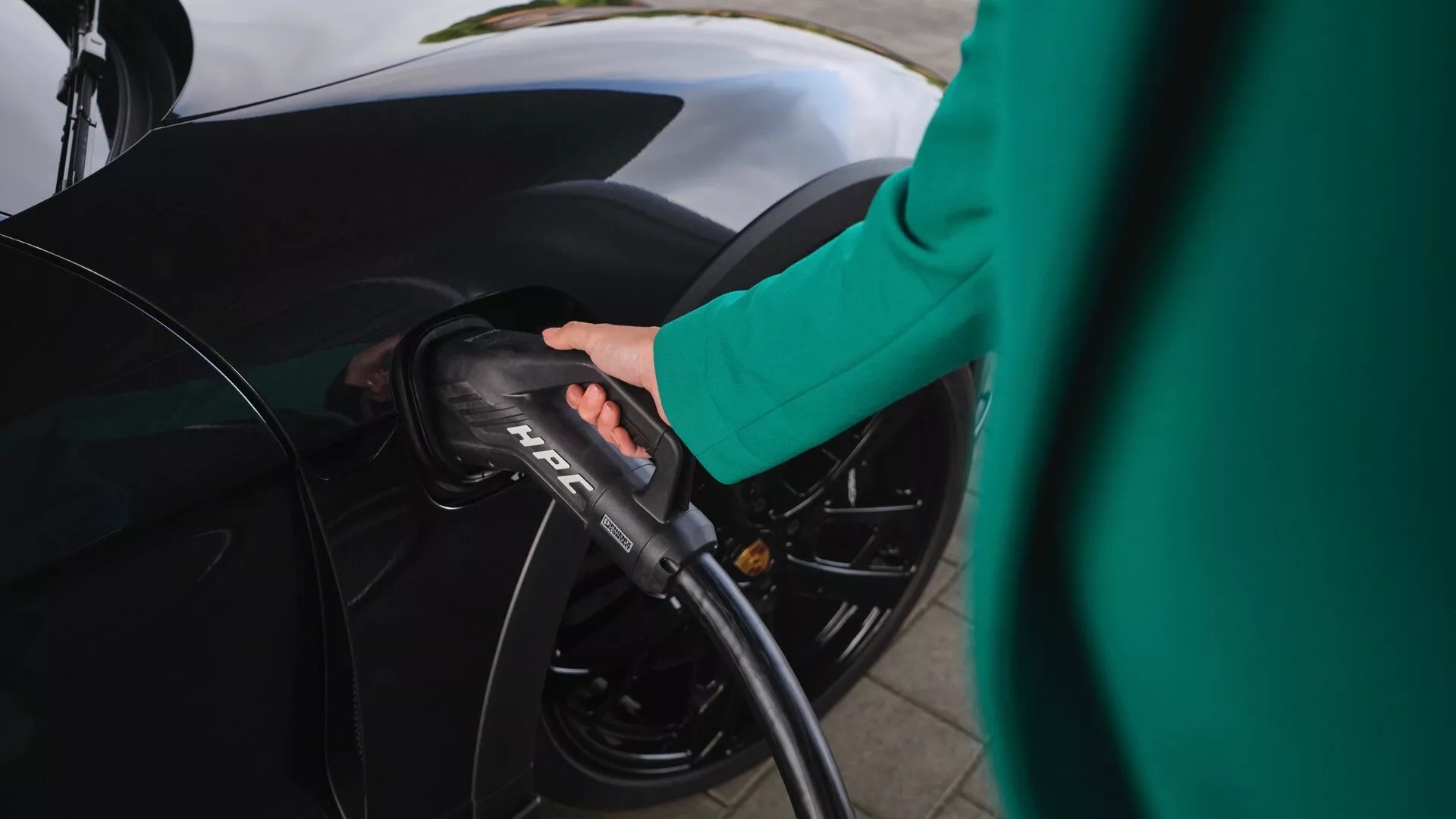Canada is grappling with a strategic dilemma in its endeavor to expand the electric vehicle (EV) charging infrastructure across the nation, with advocacy groups and government officials proposing different approaches to accelerate the shift toward electric transportation. Prime Minister Justin Trudeau’s government, focused on constructing EV ports in populous public areas and multi-family residential buildings, faces calls to reassess its strategy to meet ambitious climate goals.
While Trudeau’s rollout plan emphasizes high-traffic zones, experts caution that this approach may fall short of rapidly increasing EV adoption. Some advocacy groups contend that Canada’s prime opportunity for expanding its charging network lies in concentrating efforts on single-family homes, where over 80% of charging activities take place. However, the Office of the Auditor General and other stakeholders argue that more attention should be directed toward remote and low-income communities, areas unlikely to attract private sector investment.
The government’s commitment to phase out sales of new combustion vehicles by 2035, part of a broader goal to reduce greenhouse gas emissions by at least 40% from 2005 levels by 2030, presents a formidable challenge. Transportation, contributing 22% of Canada’s greenhouse gas emissions, underscores the urgency of a robust EV charging infrastructure.
Canada’s extensive national highway system, spanning 38,049 km (23,643 miles), coupled with cold winters affecting battery efficiency, compounds the challenges of building an effective charging network. The Canada Infrastructure Bank recently approved a loan of up to C$210 million ($153.08 million) to fuel retailer Parkland Corp to facilitate the expansion of its EV charging network in British Columbia, a region exhibiting high EV adoption.
Despite Canada’s commitment to charging infrastructure, some advocate for policies making it more affordable for owners of older homes to upgrade their electrical systems, a crucial aspect given that home charging constitutes the backbone of EV infrastructure. Critics point to the success of federal tax credits covering 30% of the installation cost for home EV charging stations in the U.S., emphasizing the need for similar incentives in Canada.
The Office of the Auditor General’s recent report acknowledges progress in meeting interim targets but underscores the necessity of expanding charging stations to remote areas. Canada’s spending on EV chargers per capita outpaces that of its neighbor, yet challenges persist, especially in addressing the needs of older homes.
As Canada strives to subsidize 84,500 new charging stations by 2029, the government’s commitment to catalyze private investment for at least 442,000 public chargers by 2035 prompts ongoing discussions about the most effective and inclusive approach to shaping the nation’s electric future.

